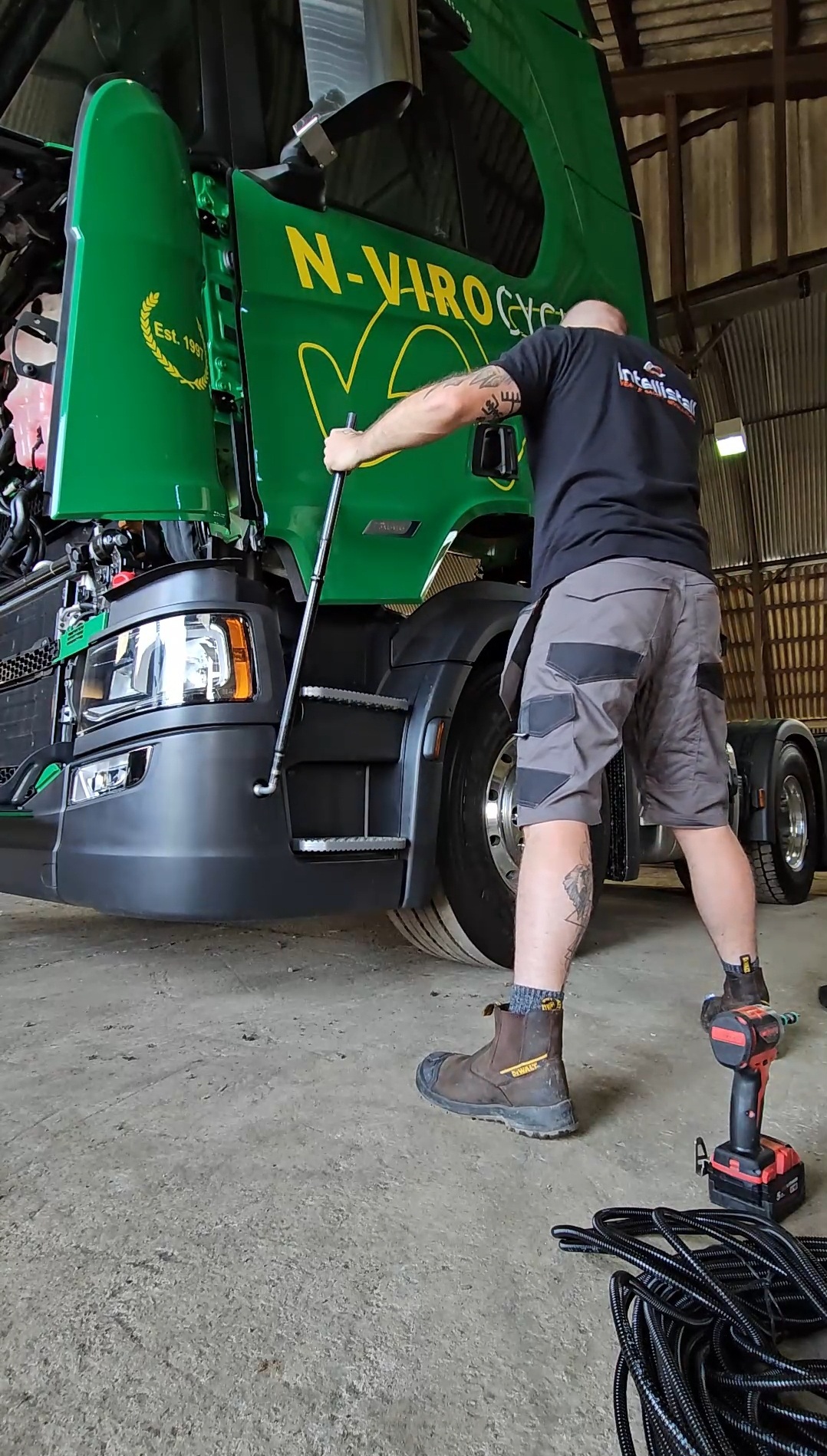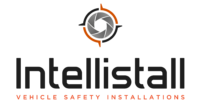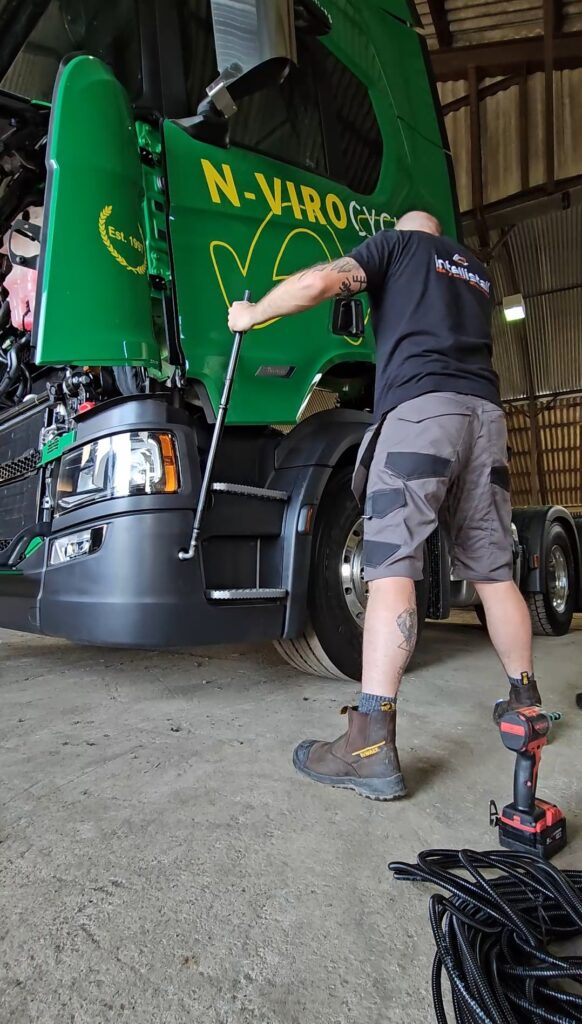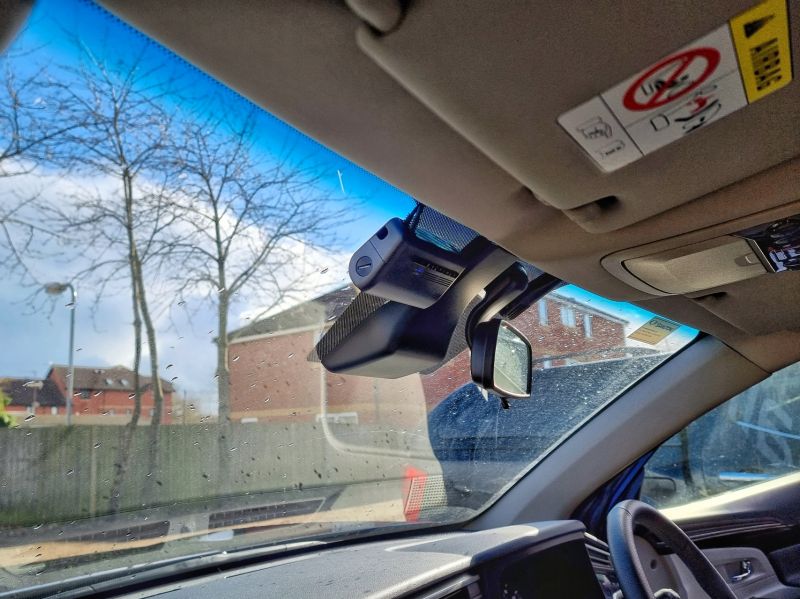
Introduction
For logistics managers, ensuring fleet safety, compliance, and efficiency is more than just a priority; it’s a legal and operational necessity. With the enforcement of Direct Vision Standard (DVS) and FORS safety regulations, installing a Progressive Safe System (PSS) is no longer optional for HGVs over 12 tonnes operating in London and other urban areas.
However, choosing the wrong fleet safety installation provider can lead to compliance failures, system malfunctions, and costly penalties. Any faults or malfunctions caused by poor installation are ultimately the responsibility of the fleet owner, meaning that selecting a competent, professional installer is crucial. In this guide, we’ll explain why proper configuration, testing, and certification of your Progressive Safe System is essential and how to choose the right installation company.
1. Ensuring DVS & FORS Compliance: Fleet Owners Are Responsible
Under DVS and FORS safety standards, fleets must meet strict visibility and safety criteria to operate legally in restricted areas.
Improper installation of cameras, sensors, or alarms can result in system failures, non-compliance fines, and road restrictions.
Fleet owners are ultimately accountable for ensuring their vehicles have fully operational and correctly configured Progressive Safe Systems.
2. Professional Configuration, Testing & Certification
Simply installing blind spot cameras, side sensors, and audible warnings is not enough; they must be correctly configured to work as intended.
A competent installer will conduct full system testing to verify that all components function correctly before signing off the installation.
Choosing an approved and experienced fleet safety installer ensures reliable performance, legal compliance, and long-term fleet security.
3. Poor Installation = Fleet Liability & Risk
Any faults, malfunctions, or failures caused by incorrect installation will be treated as the responsibility of the fleet owner, not the installer.
A poorly fitted Progressive Safe System could result in:
Cameras failing to capture blind spots.
Sensors misreading distances or failing to trigger alerts.
Audible alarms not functioning, increasing accident risks.
A professional fleet safety installation company will provide certification and system verification, reducing fleet liability.
4. Integration with Fleet Telematics & CCTV
A properly installed Progressive Safe System should seamlessly integrate with or alongside existing fleet CCTV, telematics, and GPS tracking.
Professional installation ensures real-time monitoring, automated alerts, and driver safety improvements.
Poor integration can lead to data gaps, system malfunctions, and operational inefficiencies, making correct configuration essential.
5. Nationwide Installation & Ongoing Support
Logistics fleets operate across multiple locations, requiring nationwide installation services with minimal vehicle downtime.
A professional provider offers:
Mobile Progressive Safe System installation at your location.
Post-installation diagnostics to confirm system functionality.
Ongoing maintenance and warranty-backed support to keep systems running efficiently.
Final Thoughts
Choosing the right Progressive Safe System installation service is not just about meeting regulations – it’s about protecting your fleet from compliance risks, financial penalties, and liability issues.
At Intellistall Ltd., we specialise in certified, tested, and approved vehicle safety solutions for logistics fleets and HGV operators. Our expert team ensures full system integration, compliance, and long-term fleet safety.


